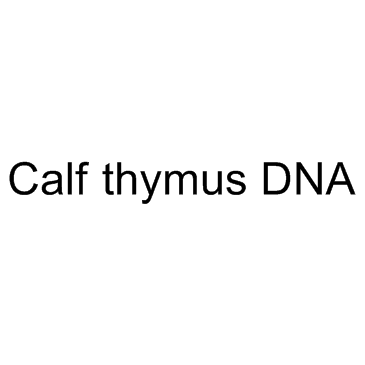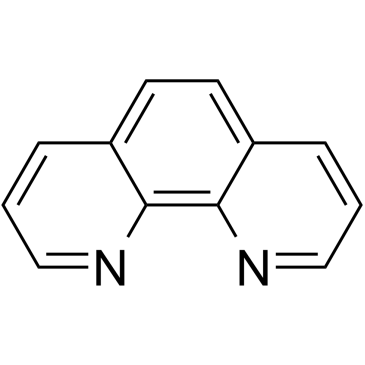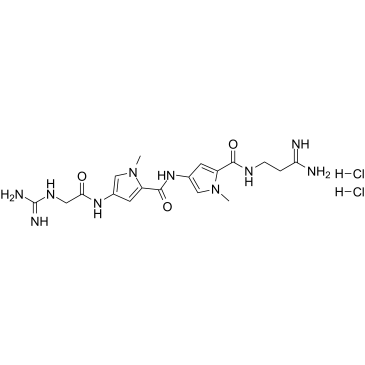| Structure | Name/CAS No. | Articles |
|---|---|---|
 |
Calf thymus DNA
CAS:91080-16-9 |
|
 |
1,10-Phenanthroline
CAS:66-71-7 |
|
 |
Netropsin dihydrochloride
CAS:18133-22-7 |